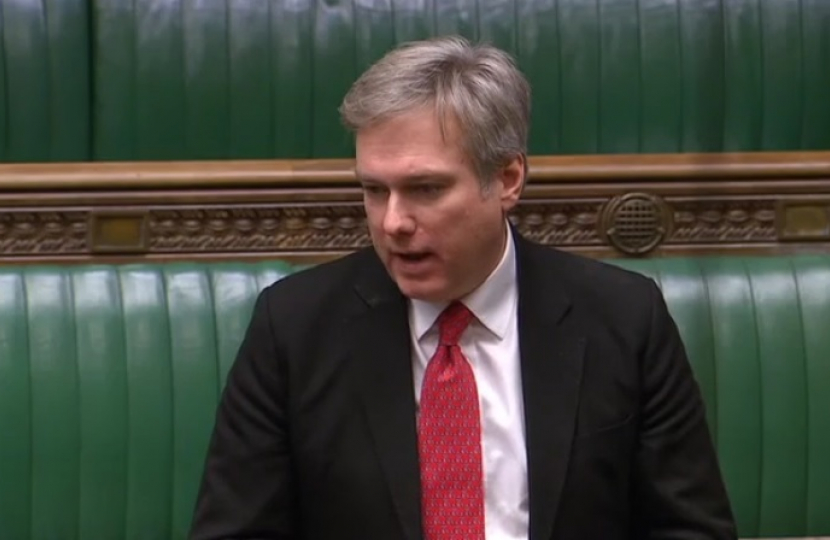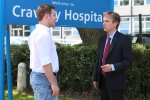
The pandemic affected every aspect of our lives with some of the consequences still felt to this day.
At some point we have all used the NHS. While the NHS is being backed by record levels of funding it is clear that there is still much to do to address the backlogs in services which have been caused by the devastating effects of Covid.
The recently-published plan for digital health and social care sets out a blueprint to help address NHS waiting times which have affected Crawley families.
By accelerating the use of digital technology across the health service and throughout social care to improve efficiency and free up frontline workers’ time, the Covid backlog is being addressed.
Through increasing the availability of remote monitoring, a further half a million people will be better supported by March of next year. More than 280,000 people have already used remote monitoring at home and in care homes for long-term conditions in the last year; freeing up hospital beds.
The Department of Health & Social Care has stated that this has led to patient outcome improvements with problems picked up earlier, shorter stays in hospital, and fewer admissions to start with.
The Government has earmarked £2 billion from the Spending Review to help digitise the NHS and social care sector. Through rolling out electronic patient records in the NHS, for example, improvements in efficiency will be made which will release billions of pounds back to the frontline NHS.
The plan also goes to help health and care professionals through measures including development of a national digital workforce strategy, creating over 10,000 additional roles by growing the specialist data and tech workforce, and embedding digital skills development into university curriculums to support our future and incoming staff.
The Government have been clear that digital is not – and rightly will not – be the only means of access to care. Indeed, ministers are putting in place support to increase the number of face-to-face GP appointments and help tackle underperformance.
Upgrades to telephone systems are also being backed so patients can quickly and easily speak to GP staff.
I am also very much aware of the importance of addressing the backlog in cancer provision. In Parliament last week I highlighted the work of Crawley-based Elekta oncology and received assurances from the Business Minister over Government support for research and development to support such innovation.
In Westminster I am a Vice Chair of the Radiotherapy All-Party Parliamentary Group and I am putting together an approach to the new Health & Social Care Secretary highlighting how radiotherapy can further help us address the cancer services backlog.
Henry Smith MP


